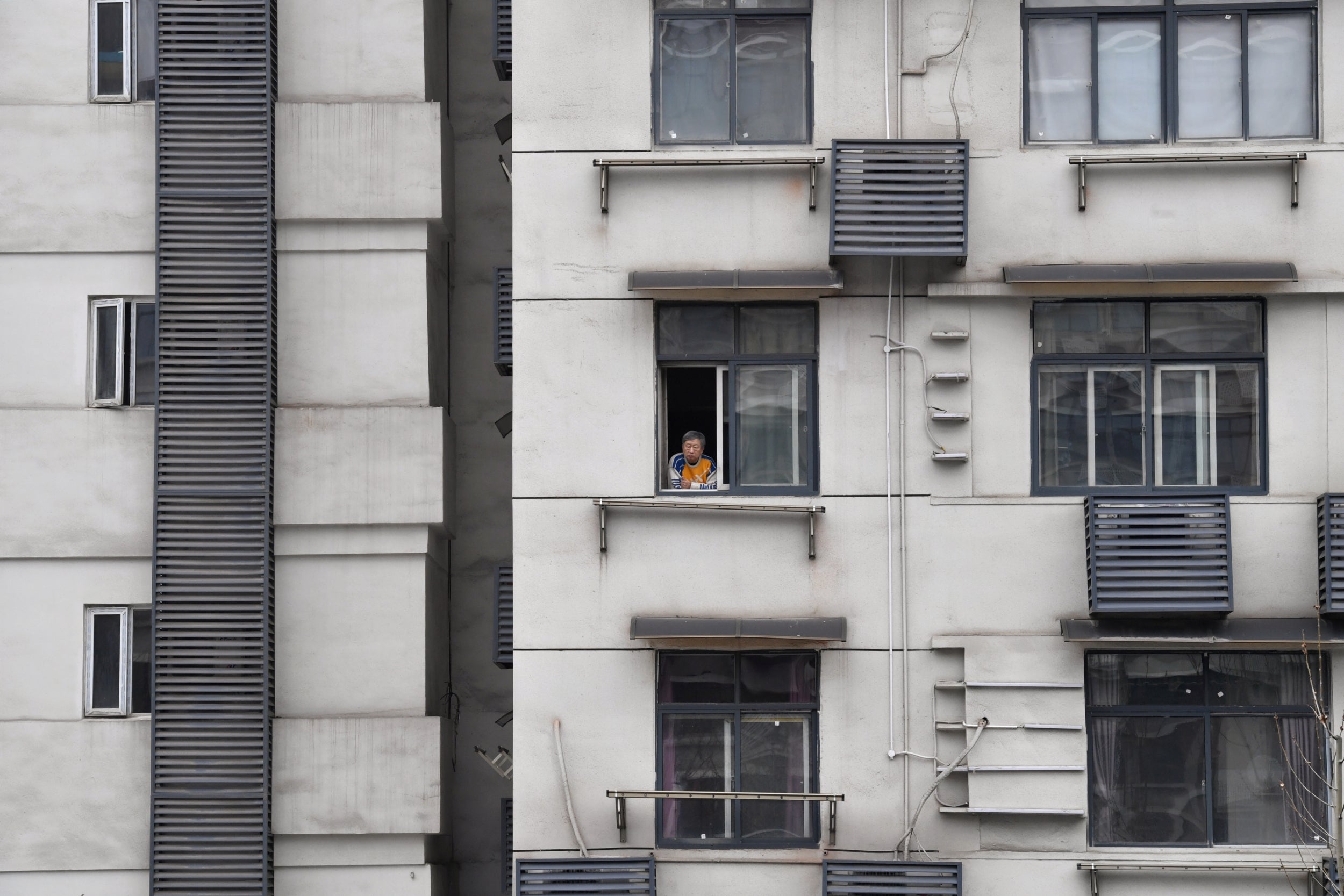Coronavirus: What might a London lockdown actually look like?
Here's how countries in Europe and around the world have enforced a shutdown to slow the spread of Covid-19
Your support helps us to tell the story
From reproductive rights to climate change to Big Tech, The Independent is on the ground when the story is developing. Whether it's investigating the financials of Elon Musk's pro-Trump PAC or producing our latest documentary, 'The A Word', which shines a light on the American women fighting for reproductive rights, we know how important it is to parse out the facts from the messaging.
At such a critical moment in US history, we need reporters on the ground. Your donation allows us to keep sending journalists to speak to both sides of the story.
The Independent is trusted by Americans across the entire political spectrum. And unlike many other quality news outlets, we choose not to lock Americans out of our reporting and analysis with paywalls. We believe quality journalism should be available to everyone, paid for by those who can afford it.
Your support makes all the difference.Londoners face a very different existence in the days ahead after Boris Johnson said he could not rule not out “tougher” restrictions to prevent people flouting public health advice during the coronavirus outbreak.
Downing Street has denied it is ready to close down the transport network or bring in controls to prevent travelling in or out of London.
Reports that only one member of each household would be permitted to leave at any time were “not true”, said the prime minister’s spokesperson on Thursday.
However, the government is thought to be considering an order to shut all shops, cafes and restaurants in the capital. The city remains the UK coronavirus hotspot – and anecdotal evidence suggests plenty of residents aren’t responding to calls to avoid unnecessary trips and social contact.
Many other parts of the world have already enforced strict shutdowns, with China succeeding in driving down cases following with draconian measures. This is how lockdowns have been put in place elsewhere.
French president Emmanuel Macron initiated a 15-day nationwide lockdown from midday on Tuesday – telling the country it was now “at war” with the coronavirus.
All bars, restaurants, schools and universities have been closed, and citizens are forbidden from leaving their homes without good reason, but there is no 6pm curfew despite initial suggestions one could be enforced.
French citizens are now required to carry a special form, which can be downloaded and printed off, explaining to police officers why they are outside. According to The Independent’s Anthony Cuthbertson, who lives in Paris, authorities are accepting a handwritten statement from those without the government form.
The government has promised that anyone violating the measures will be punished, with fines up to €135 (around £125). The interior minister, Christophe Castaner revealed on Thursday that more than 4,000 tickets had already been handed out – and said the 15-day lockdown could be extended if necessary.

Italy, the European country worst affected by Covid-19, has been in lockdown since 10 March. Prime Minister Giuseppe Conte said on Thursday that it looked likely the end date of 3 April would have to be pushed back.
Under current measures, Italians are only allowed to travel for work, medical reasons or emergencies, while all shops, except those selling food and pharmacies, have been told to remain shut until 25 March.
Italians are also required to carry a form justifying the reason for movement, with anyone in violation facing the threat of a €206 (£180) fine or even up to three months in prison.

Spanish prime minister Pedro Sanchez declared a state of emergency on 14 March which effectively put the country in lockdown, with restrictions on all movement except essential work and basic needs.
But supermarkets, pharmacies and newsstands are among the only businesses allowed to remain open, while police driving around the capital of Madrid have been using a megaphone to tell people to stay indoors.
Similar to moves already underway in London, public transport services in Spain’s biggest cities have been scaled back and reduced services put on for key workers.
Wuhan and several other cities in the surrounding province of Hubei have some of the most draconian lockdown measures anywhere in the world. The Chinese authorities ordered house-to-house searches, with police rounding up the sick and warehousing them in quarantine centres.
Since mid-January there has been a complete shutdown of transport services across the province, with roads blocked to stop anyone moving in and out of Wuhan.
Unprecedented quarantine measures have taken place right across China in the past two months, and it seems to be paying off. Mainland China had only 13 new confirmed cases of coronavirus infections on Tuesday, according to the National Health Commission’s latest figures (and 12 of these involved infected travellers arriving from abroad).

California this week introduced tough new measures which could be described as a lockdown – with San Francisco and surrounding Bay Area counties issuing a “shelter in place” order telling people to stay indoors unless absolutely necessary.
Los Angeles has ordered bars, clubs, entertainment venues and gyms closed, while New York City has shut bars, cafes and restaurants – other than those selling takeaway food.
In the absence of any national lockdown, the Centres for Disease Control and Prevention (CDC) has been trying to urge individual states and cities to use the powers they have to bring in stringent social distancing measures.
Subscribe to Independent Premium to bookmark this article
Want to bookmark your favourite articles and stories to read or reference later? Start your Independent Premium subscription today.

Join our commenting forum
Join thought-provoking conversations, follow other Independent readers and see their replies
Comments